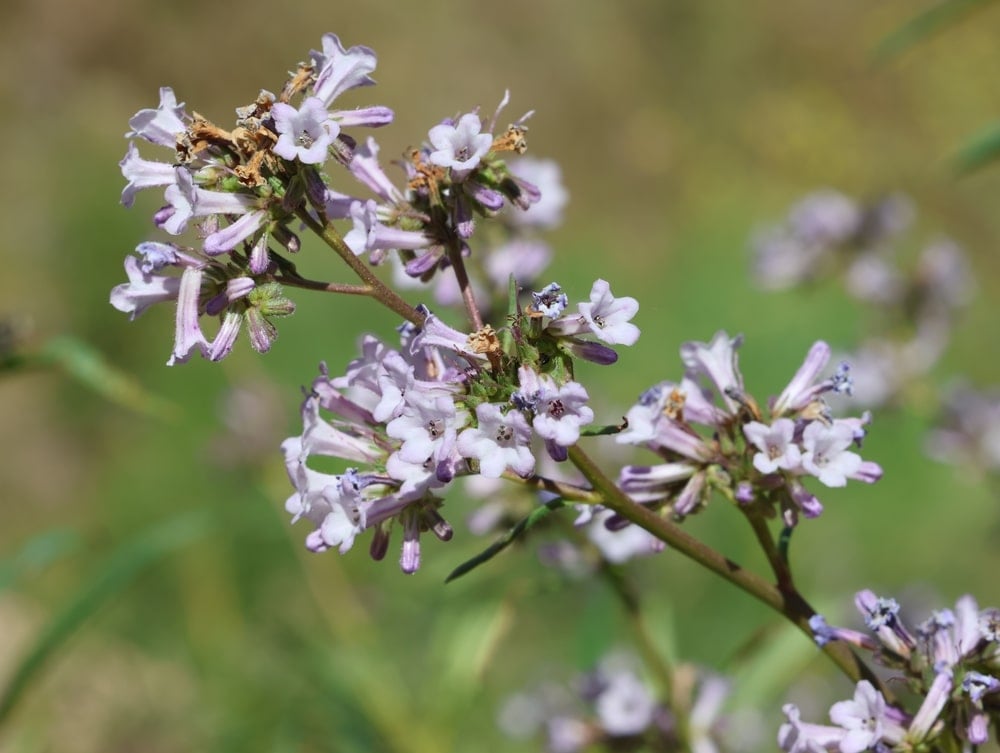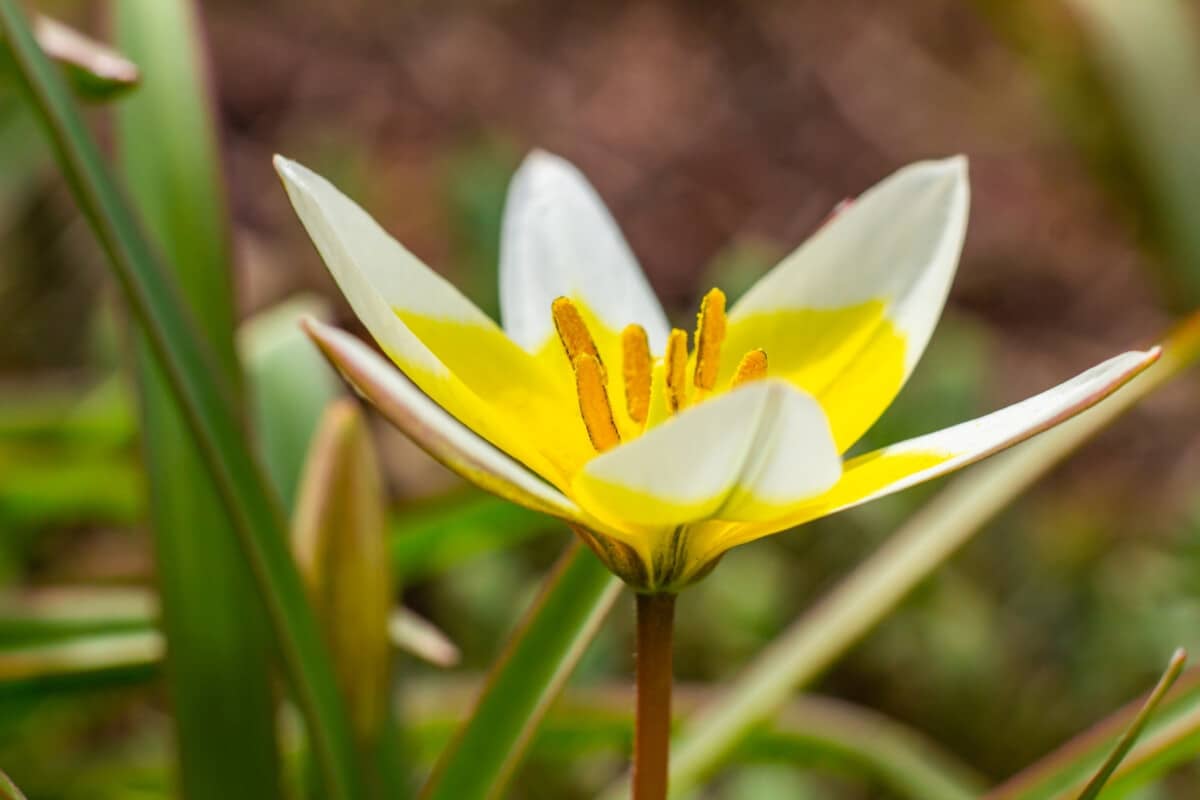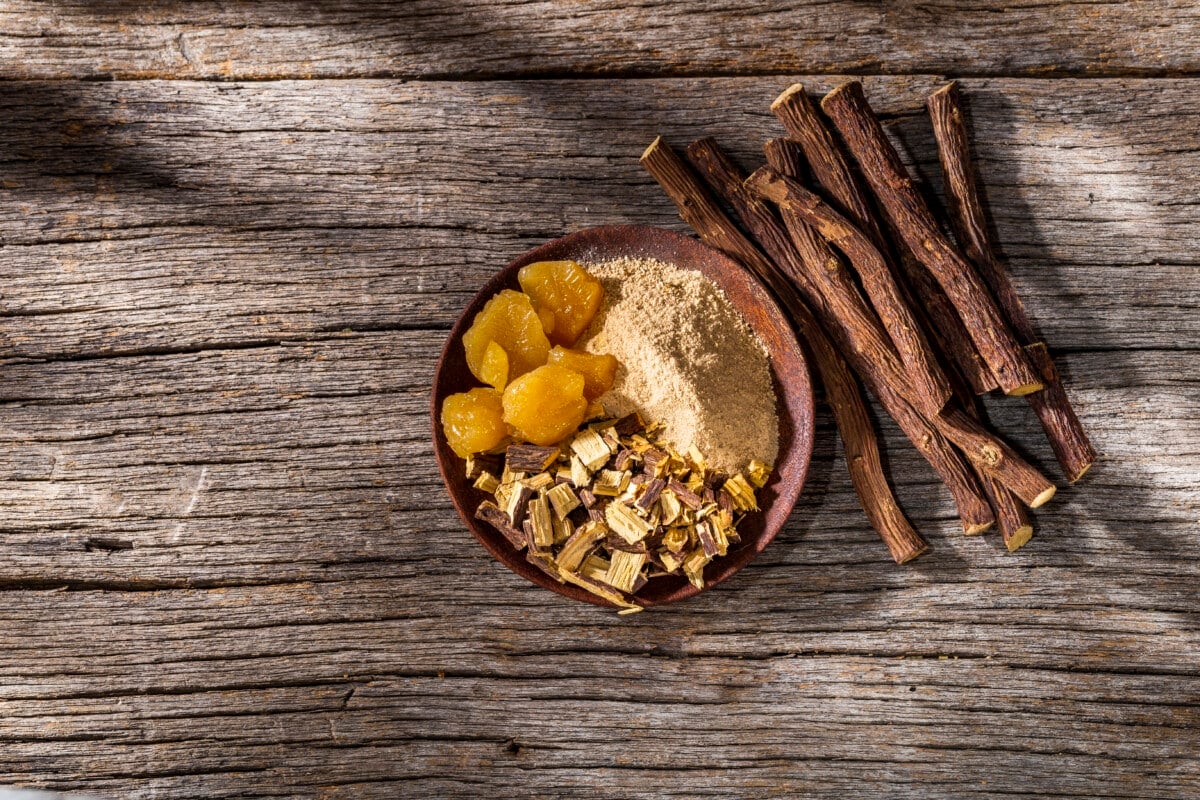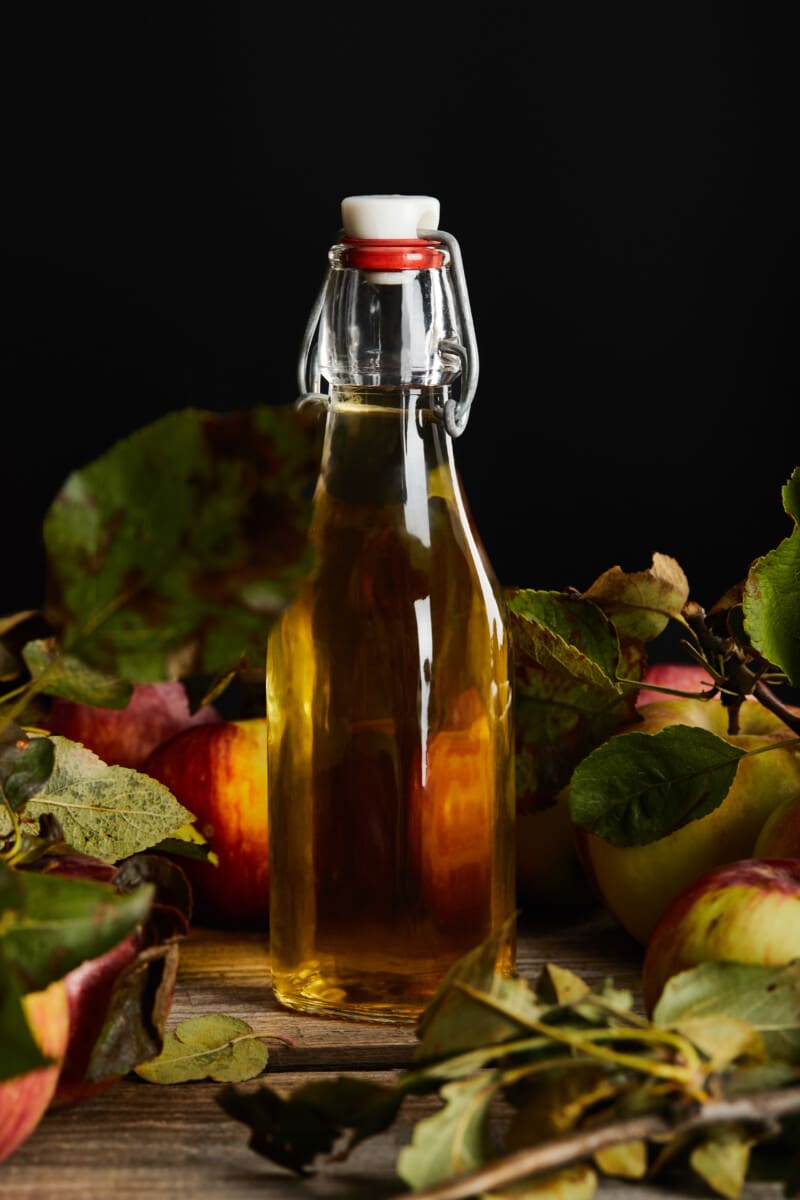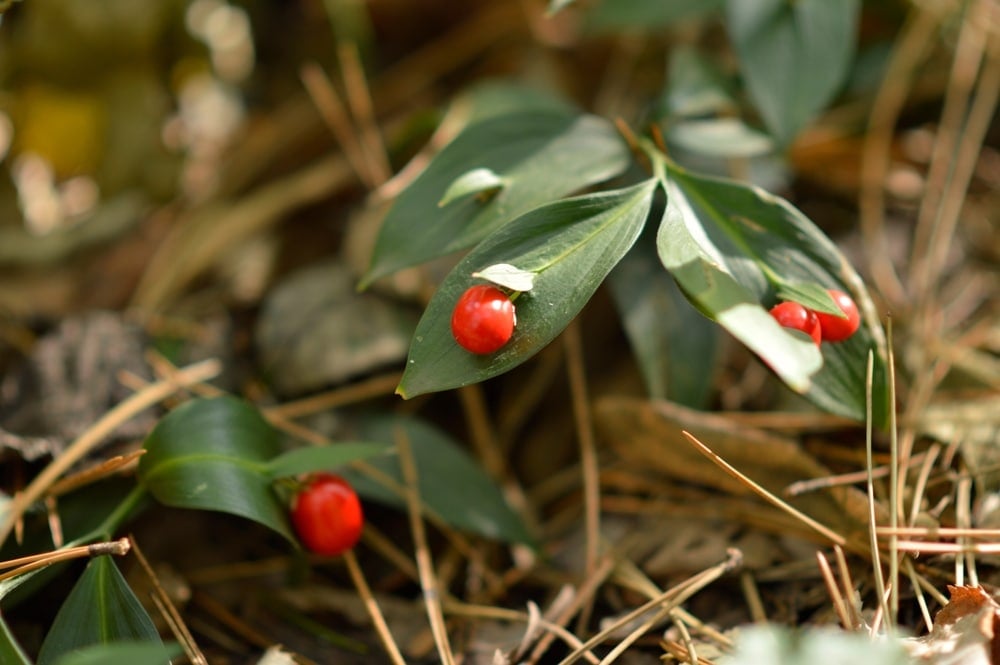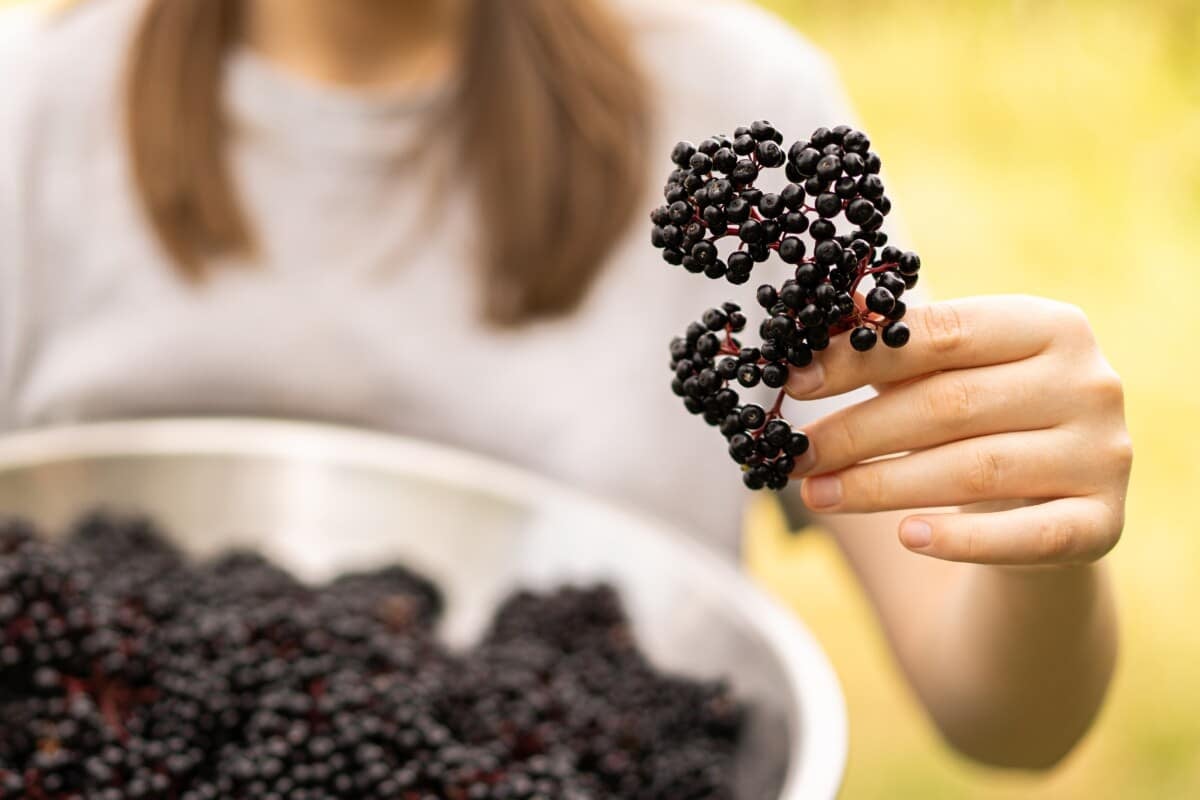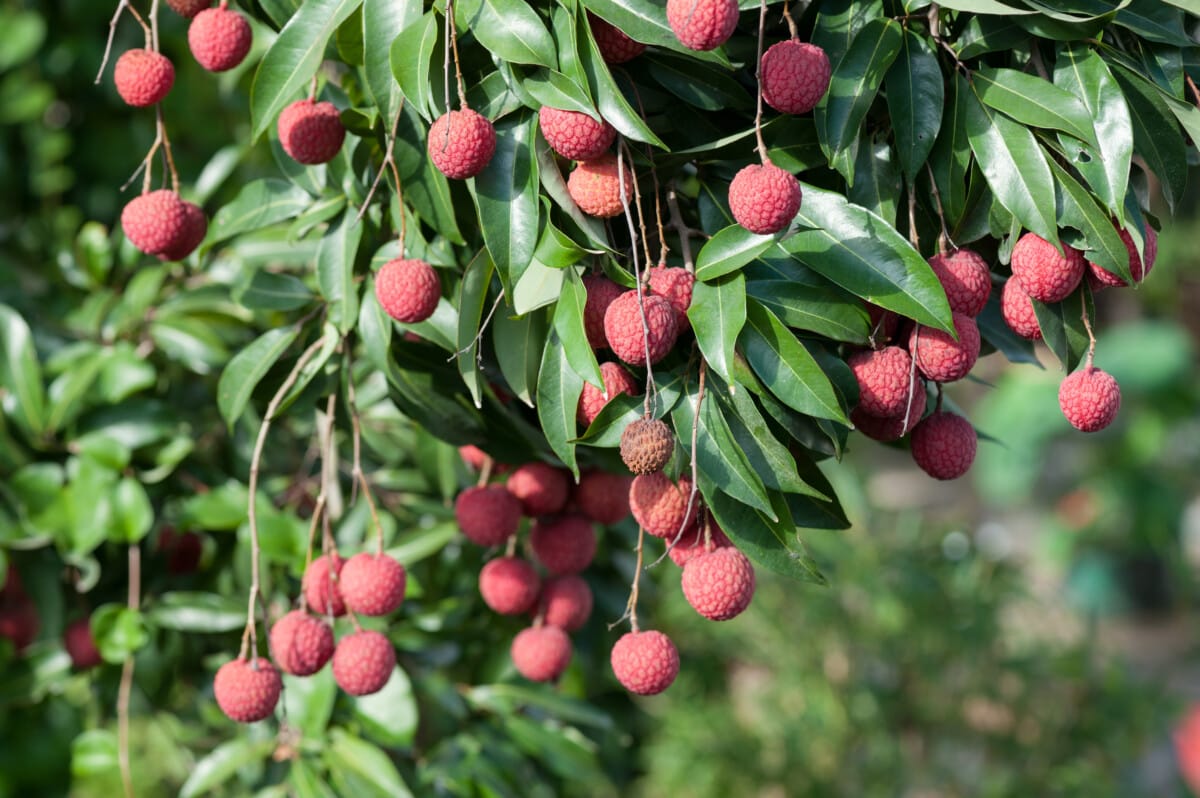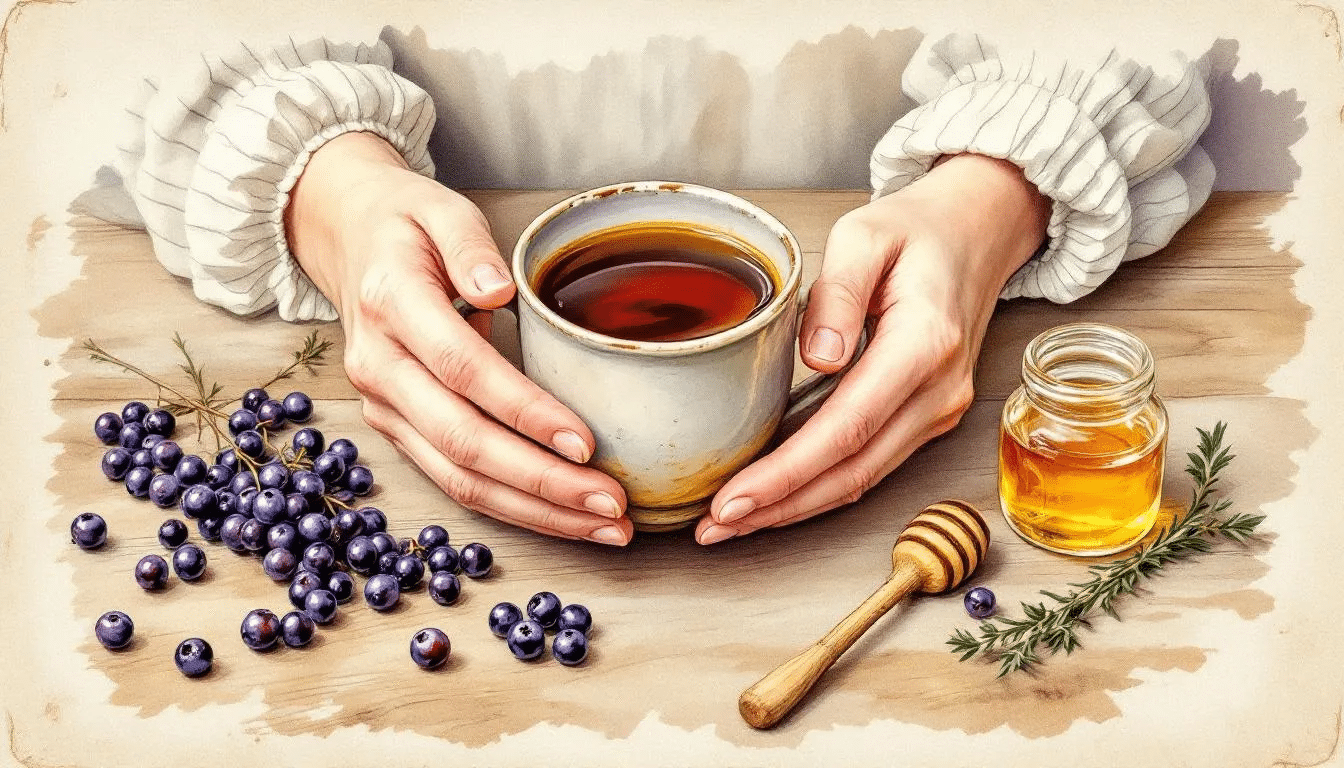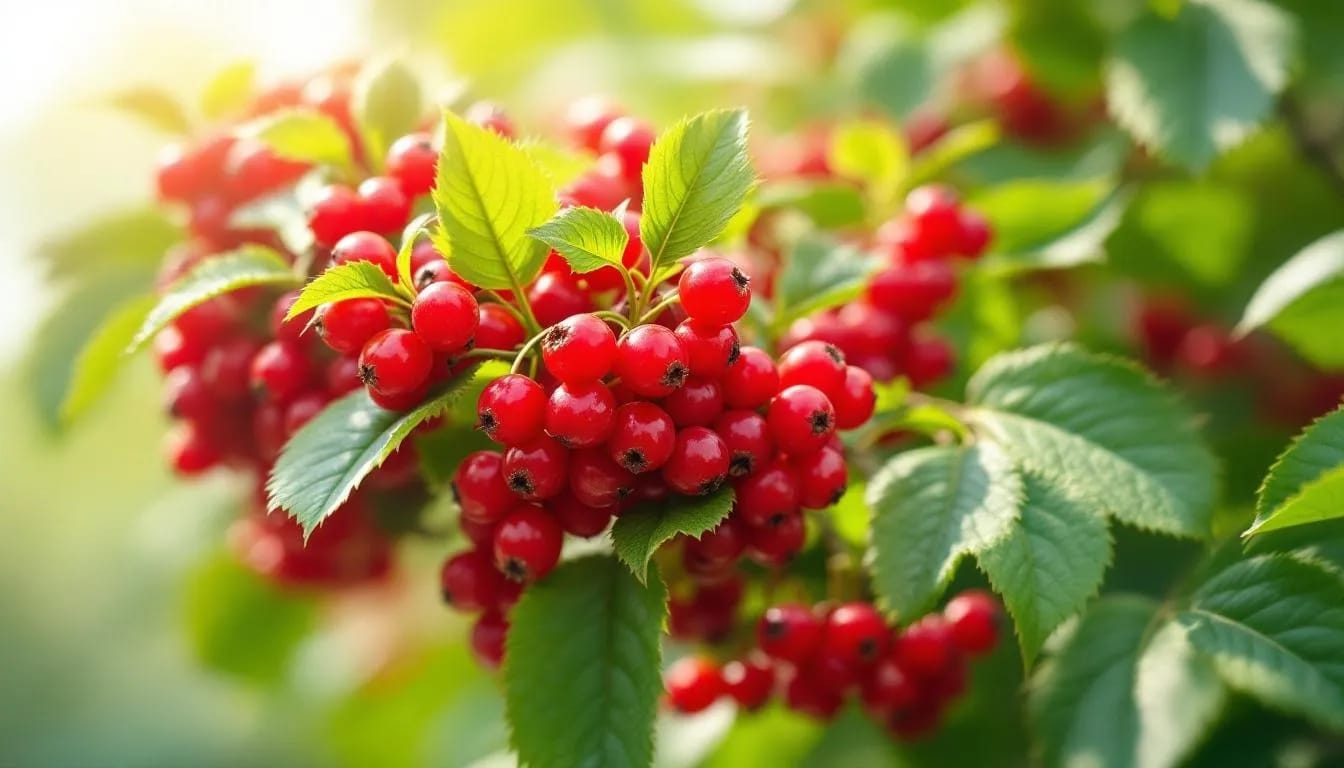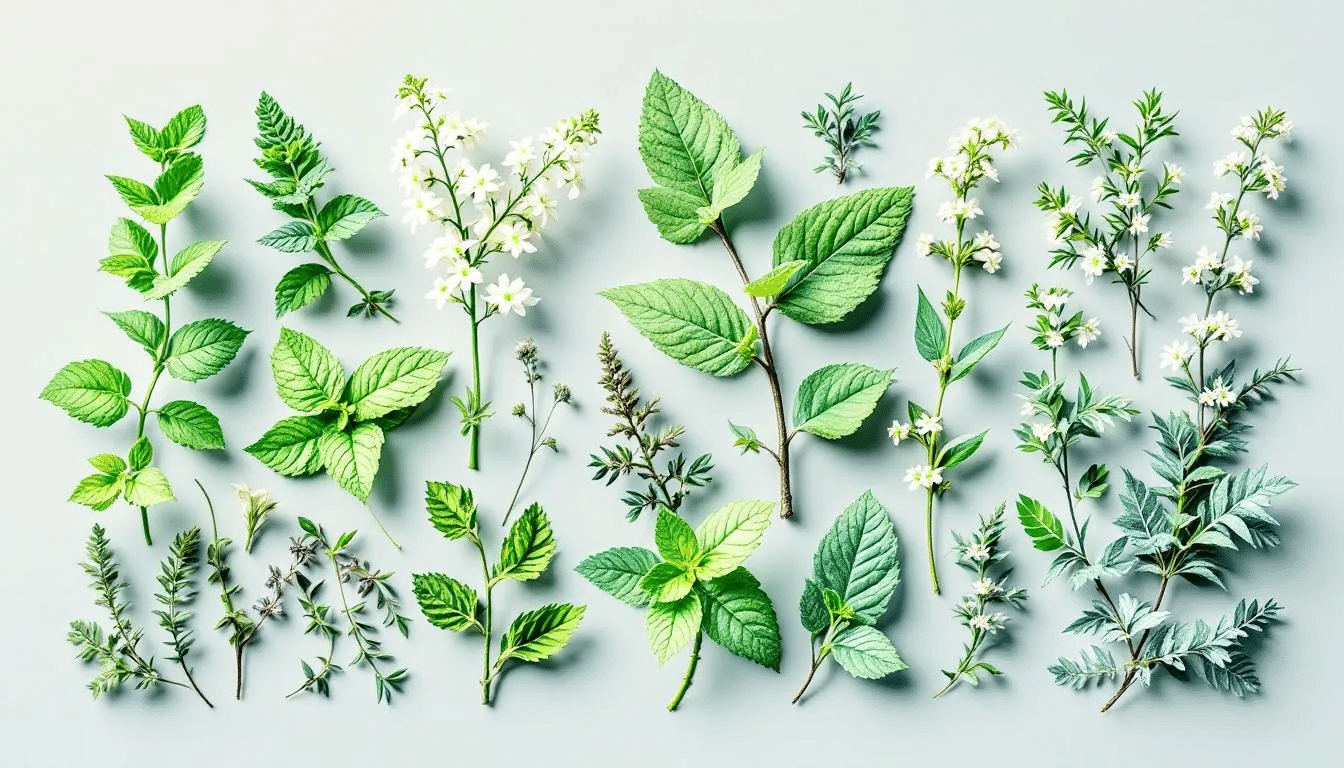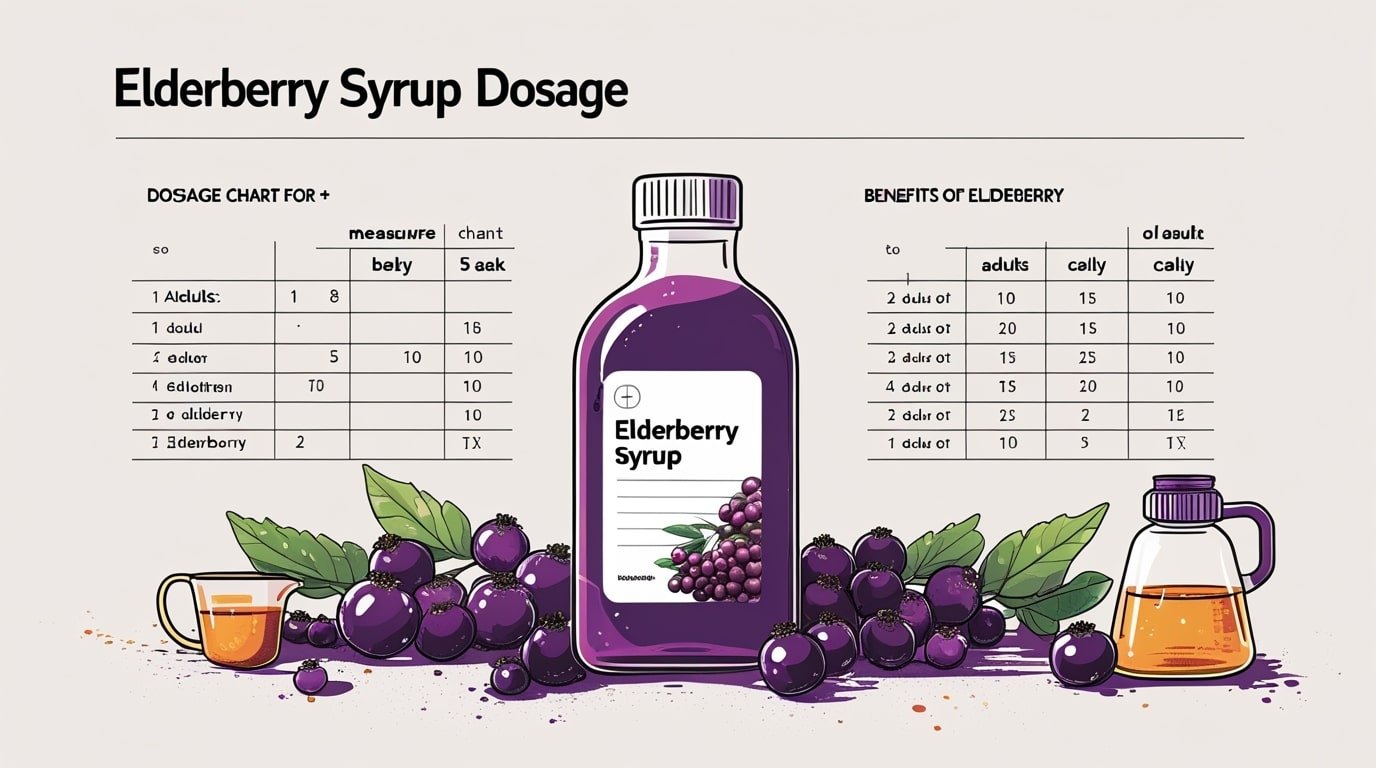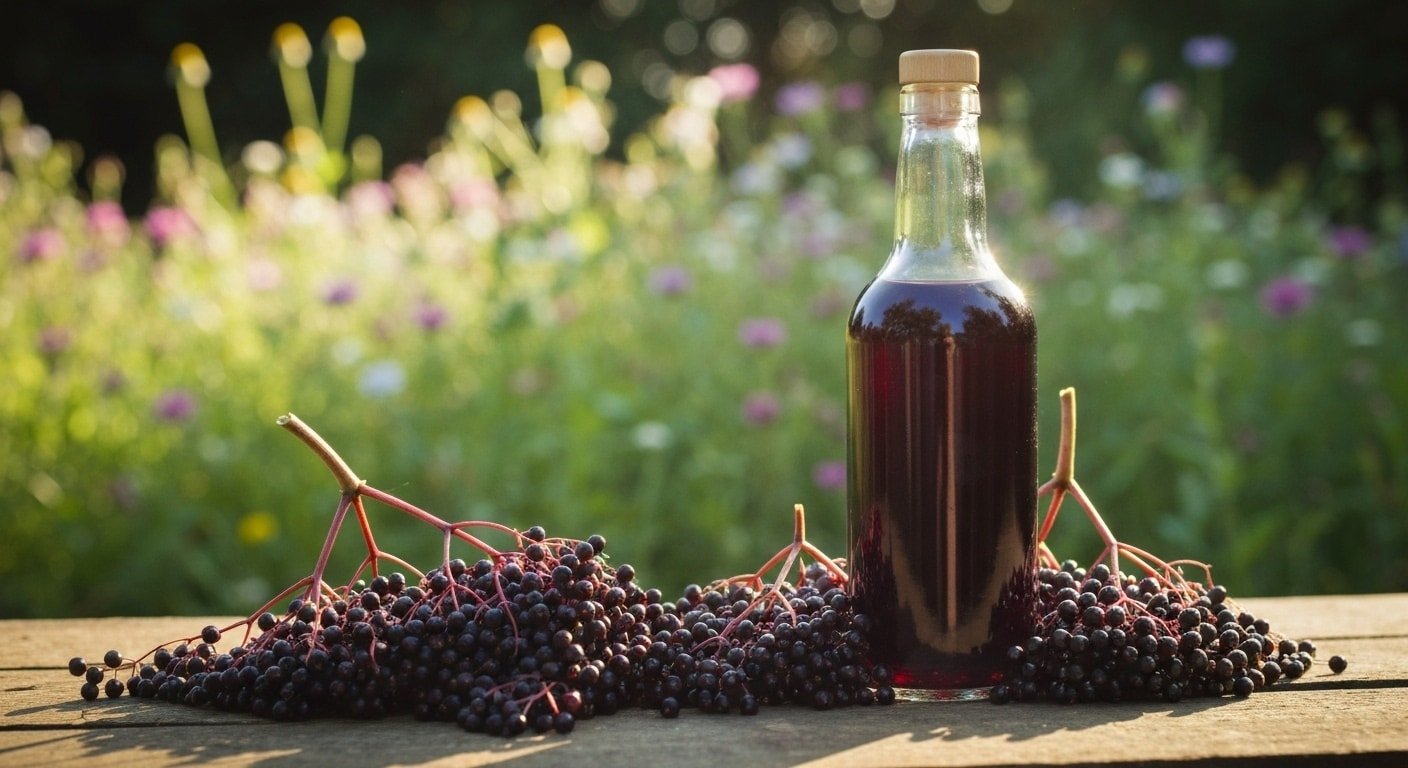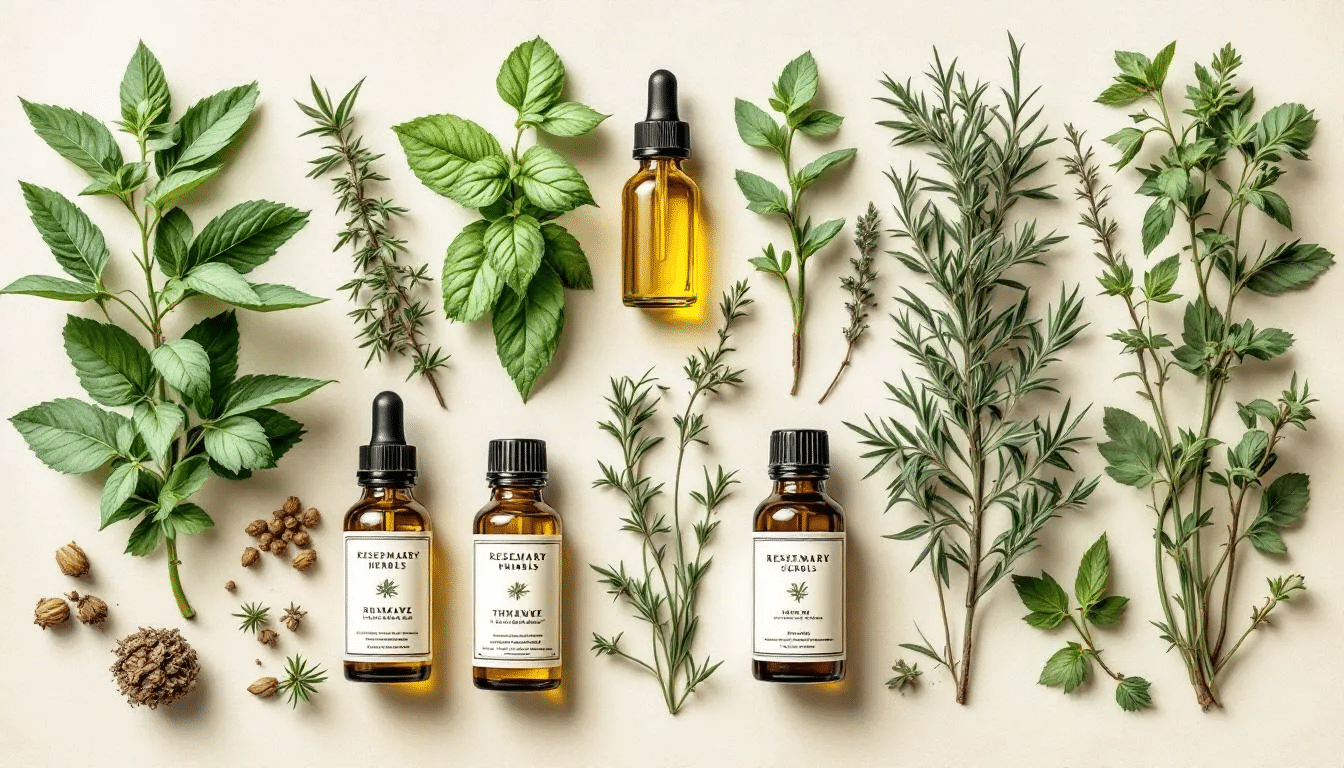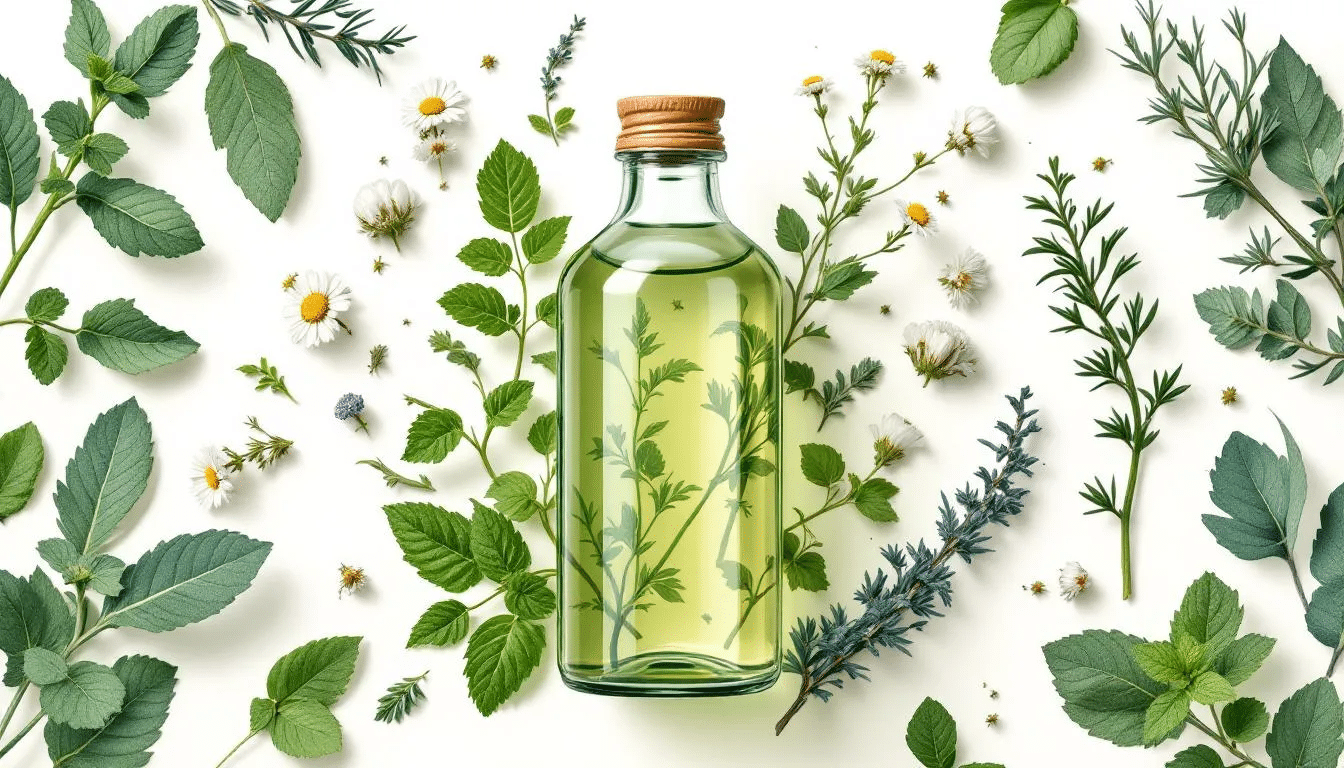Yerba Santa, also known as the "holy herb" or "holy weed," is a sacred plant native to the southwestern United State [...]
Views: 125 min readWhat Are Adaptogens? Understanding Nature's Stress Relievers Adaptogens are natural substances, usually herbs or mus [...]
Views: 29416 min readMalus pumila Mill Historical Actions: Nourishing tonic that promotes gastrointestinal health Historical Uses: Used [...]
Views: 2640 min readIntroduction Ruscus aculeatus, commonly called butcher’s broom, is a hardy evergreen subshrub prized for its distinc [...]
Views: 873 min readYerba Santa, also known by its scientific name Eriodictyon californicum, is a sacred herb native to the southwestern [...]
Views: 125 min readIntroduction to Elderberry Remedies One thing that you’ll have to understand about elderberry remedies is that they’ [...]
Views: 44818 min readYerba Santa flower, known scientifically as Eriodictyon californicum, is a remarkable evergreen shrub native to Cali [...]
Views: 154 min read
Learning Herbalism
Herbalism is the ancient and evolving art of using medicinal plants and herbs to promote health and well-being. Whether you are a beginner or an aspiring professional herbalist, learning herbalism opens the door to a rich herbal journey filled with knowledge, healing, and connection to the natural world. This beginner’s guide will help you explore herbal basics, plant medicine, and the many benefits of herbal therapeutics.
Herbal Medicine and Herbal Preparations
Herbal medicine involves using plants and herbs grown specifically for their healing properties. These medicinal plants can be transformed into various herbal preparations such as teas, tinctures, salves, infused oils, and essential oils. Medicine making is a must-have skill for anyone interested in herbal practice, allowing you to create remedies tailored to common ailments like upset stomach, stress, or skin irritations.
Organic Herb Cultivation
A foundational part of herbalism is organic herb cultivation. Growing your own herbs ensures the highest quality and potency, and deepens your understanding of botanical life cycles and plant identification. Herbs grown in healthy soil without chemicals retain their healing properties and support sustainable herbalism practices.
Herbal Course and Herbal Academy
Taking an herbal course is an excellent way to begin your herbalism journey. Many herbalism schools and herbal academies offer self-paced courses with comprehensive course material covering materia medica, herbal actions, and medicine making techniques. These courses often include videos, recipes, and hands-on experience to enrich your learning. Renowned herbal teachers like Rosemary Gladstar and Michael Moore have created helpful information and favorite books that many students have found helpful in their studies.
Community Herbalist and Professional Herbalist
Herbalism can be practiced at many levels. A community herbalist uses their knowledge to support the well-being of their local community, often sharing herbal recipes and education. For those pursuing in-depth study, becoming a professional herbalist involves formal education, clinical training, and experience teaching. Both paths emphasize the importance of research, botanical knowledge, and hands-on experience.
Free Courses and Resources for Beginning Herbalists
Beginning herbalists can explore many free courses and online resources to develop their herbal knowledge. These self-paced courses cover herbal basics, plant identification, and herbal actions, providing a solid foundation in herbal therapeutics. Many herbalism schools offer discount codes for their courses, making herbal education accessible to all.
Materia Medica and Herbal Actions
Understanding materia medica—the detailed profiles of herbs—is essential for effective herbal practice. Learning the herbal actions, such as diuretic, nervine, or anti-inflammatory effects, allows you to select the right herbs for specific health needs. This knowledge supports crafting safe and effective herbal preparations that promote healing and overall well-being.
The Chestnut School and the Art of Herbalism
The Chestnut School is a respected herbalism school known for its emphasis on hands-on experience and community learning. Their courses blend the art and science of herbalism, focusing on organic herb cultivation, medicine making, and botanical study. This approach nurtures a deep connection to plants and the herbal world, enriching your herbalism journey.
Essential Oils, Infused Oils, and Medicine Making Techniques
In addition to traditional teas and tinctures, essential oils and infused oils are powerful tools in herbal therapeutics. Learning how to extract and use these oils expands your herbal repertoire. Medicine making techniques taught in herbal courses help you confidently create a variety of remedies that support the body and mind.
Embracing the Herbalism Journey
Learning herbalism is a lifelong journey that combines research, practice, and a love for plants. Whether you begin with a beginner’s guide or enroll in a professional herbalism school, the knowledge you gain will enhance your health, diet, and well-being. Exploring the world of American herbalism and the contributions of American herbalists like Rosemary Gladstar and Michael Moore provides helpful information and inspiration.
Conclusion
Herbalism connects us to the healing power of plants and the art of natural medicine. With the right education, resources, and hands-on experience, anyone can begin their herbalism journey and explore the many benefits of plant medicine. Start today by exploring free courses, favorite books, and trusted herbal teachers to cultivate your own herbal practice and enrich your life.

